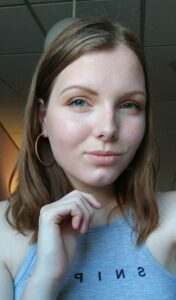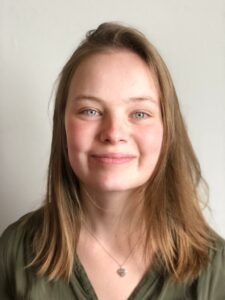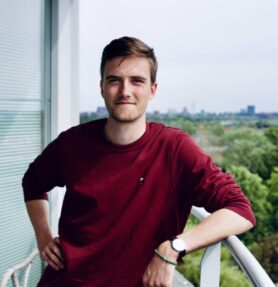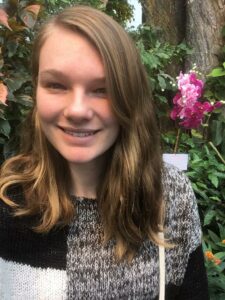Cultured Meat
From the lab to your plate: the future of cultured meat.
The meat on your plate might look delicious, but it is not as innocent as it may seem. Meat is at the base of many of the problems that we are facing today. The immense, worldwide meat consumption contributes to climate change, for example. Additionally,the meat-industry even creates a risk for infectious diseases, like Q-fever and the coronavirus.
About a decade ago, scientists seemed to have found the solution. For the first time, scientists grew a slice of meat in the lab. At that time, it cost a lot of time and money to grow one slice of cultured meat. Since then, scientists have had the time to improve the meat-growing process. Now we would like to know about the current state of cultured meat!. What types and how much meat can labs produce today? How sustainable is a slice of lab steak in 2020? And can cultured meat really save the world?
Next to informing you about the current state of cultured meat, as our future graduates and maybe even scientists, we also want to show you how you can learn more. We want to give you enough ideas, information, and trustworthy sources, so that you can feel strong in your own future choice about (cultured) meat.
Who Are We?
Robin Bos

As a master student in Science Communication, Robin Bos aims to spread her love for medicine, biology and psychology by sharing accessible scientific information as well as controversies related to present-day events. She combines her biomedical background and inner critic to equip YOU with everything you need to know to partake in dinner table conversations on current topics and to kickstart your scientific career.
Lilian Kingma

Lilian Kingma is passionate about informing you about science. She studied neuroscience and artificial intelligence in Amsterdam, and sustainability in Edinburgh. Through her job as a student teacher of practicals about topics like forensic DNA research and robotics, she discovered that she enjoyed the role as an educator of science. That is why she wants to inform you about all the ‘magic’ happening in this field.
Niels Tjoonk

There’s not much that Niels Tjoonk doesn’t find interesting. So he tried to find a way to study everything. This was not an easy feat… Studying English language and culture couldn’t make him a prose writer. He wasn’t an alpha, really. And the world just was too overwhelmingly complicated. What if he would focus fully on one teeny little subject? Become a scientist? Study Biomedical Sciences, then Cancer Science, then go into a lab to study the strange proteins that exist in leukemic blood cells? But all the other questions of this world kept attracting his attention, and lab life didn’t leave him enough time to pursue them. For now he’s found the answer, he hopes: becoming a science communicator.
Malika Weima

Before becoming a behavioural scientist, the only thing Malika Weima knew for sure was that she loves animals. During her master in behavioural ecology, she discovered that she would love to share her knowledge and passion about the animal kingdom with others. With use of her creativity, Malika’s goal is to excite you about the wonderful creatures we share our planet with. She would like to guide you in finding the role you would like to fulfill within the beautifully complex ecosystem of earth.

